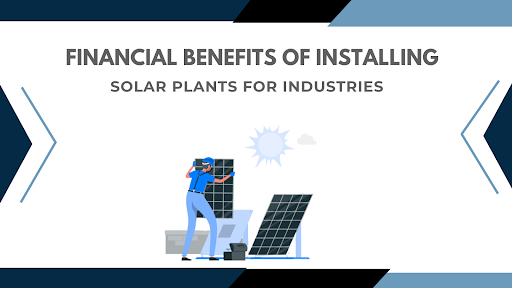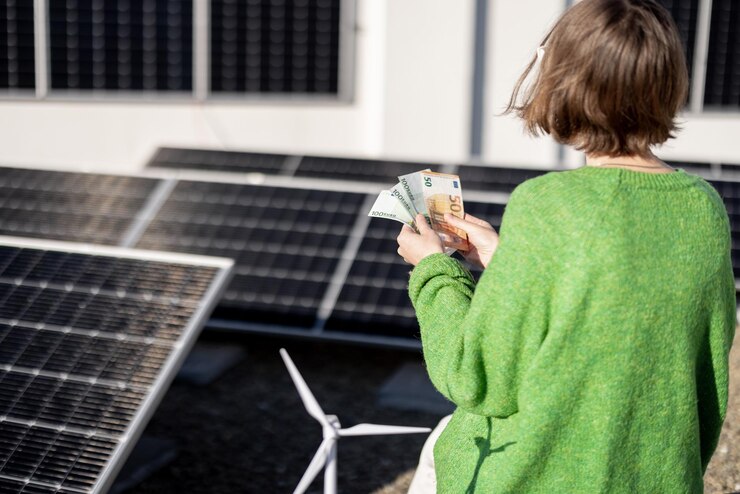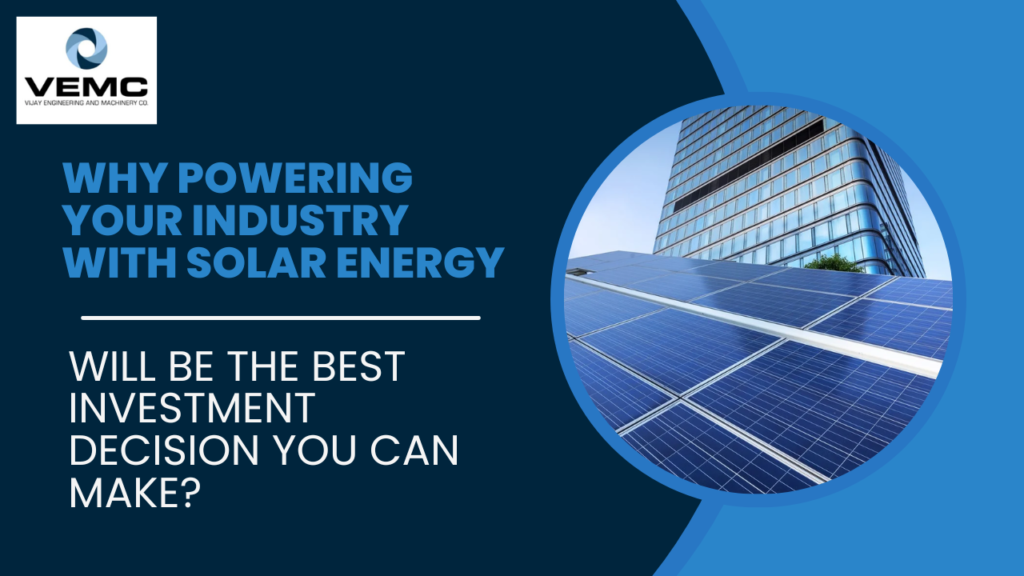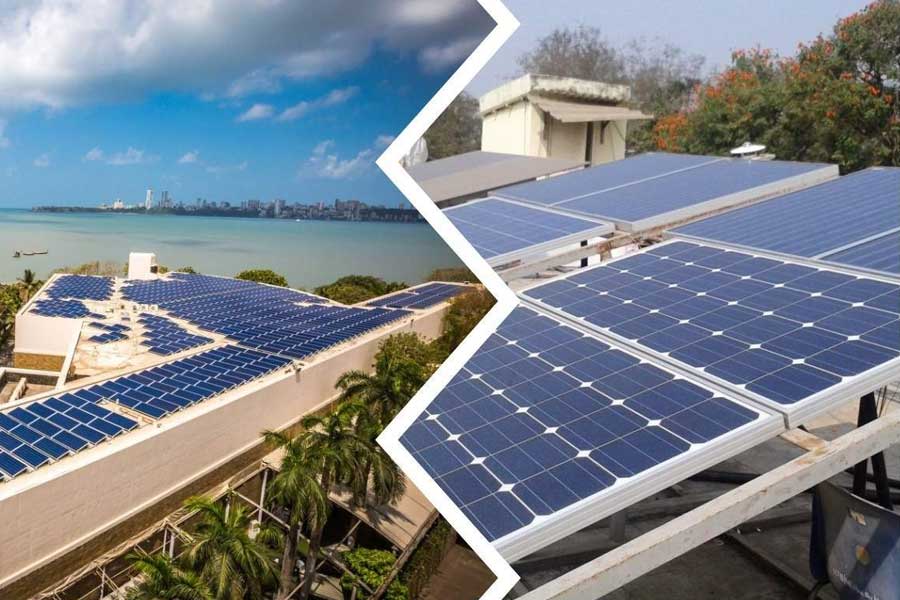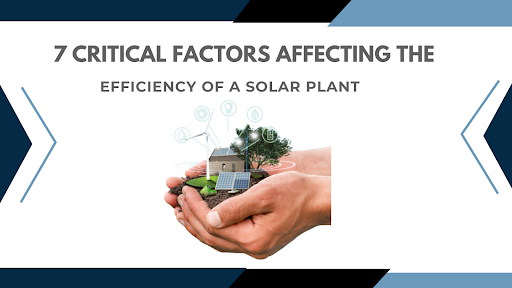
The efficiency of a solar plant is the output it generates relative to the space it occupies. Usually, solar power plants have an efficiency of 17 to 23%. But this can be stretched if you’re mindful of the workings of your panel. VEMC is the leading solar power company based in Mumbai.
7 critical factors that impact the efficiency of your solar plant
1. Solar panel quality
For starters, the quality of your solar panel and the kind of material used in your solar panels has a significant impact on its efficiency. Monocrystalline panels, for instance, have the highest efficiency of about 23%. These panels are also useful in case of limited space on the roof. On the other hand, thin-film solar panels offer the least efficiency.
2. Orientation of your solar panels
Ideally, the roof on which a solar panel is mounted should be south-facing and the slant should be between 30 and 40 degrees. This exposes the solar panels to the sun maximally. However, this may not always be possible and the installer must find the best possible placement of the system on your roof.
3. Shading
Shade from nearby trees or buildings blocks sunlight and reduces the efficiency of your solar panel by upto half. Make sure the system is installed at a location where there is no or minimum possible shade. In case of tall trees, the branches can be pruned and cut to prevent them from obstructing the sunlight.
4. Dust, dirt, and contaminants
In places where it doesn’t rain frequently, make sure you clean the dust and dirt regularly. Contaminants can block the sunlight from falling on your solar panel and affect its efficiency. Likewise, in winters, snow accumulated on the solar panel will also obstruct the sunlight. Regular maintenance and cleaning of the panels is necessary to ensure highest levels of efficiency.
5. Efficiency of the accessories
Accessories like inverters, wires and cables also affect the efficiency of the system. For example, connector wires that offer too much resistance to the current will impact the output. Make sure you always use genuine and high-quality accessories like inverters.
6. Weather and climate
Solar panels function optimally within a certain temperature range. Extreme weather conditions can impact their efficiency and reduce the output. While snow and blizzard physically cover the solar panels, extreme heat can damage them and reduce the output. But as long as it doesn’t cover the panels, snow can improve the overall efficiency due to its high irradiance.
7. Maintenance and monitoring
Lastly, any solar system needs high maintenance and monitoring. You must regularly inspect the connector wires for any breakages. Make sure the site is free of rodents which may damage the wiring. Monitor the flow of current regularly and call your solar panel consultants and installers in case of significant fluctuations.
For more on how you can get the maximum out of your solar panels, call VEMC on 022 43436655 or email us at marketing@vemc.co.in. We are the leading solar panel installation company in Mumbai and also offer best-in-class solar energy consulting services.


